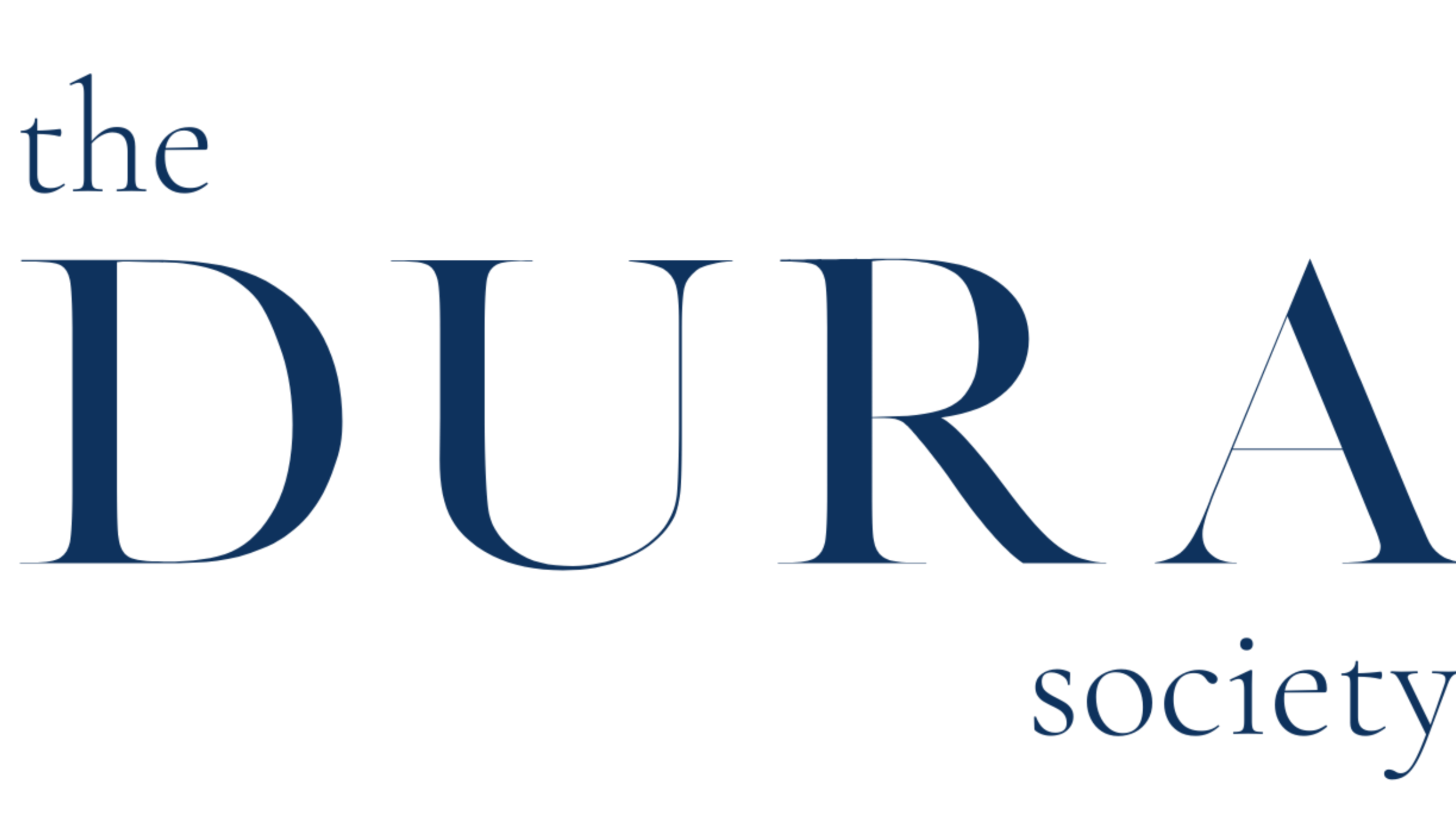RELATIONSHIPS // Navigating Modern Relationships in a Changing World
In a world where tradition once guided many of life’s biggest milestones—proposals, weddings, parenting roles—our personal and professional lives are now shaped by far more diverse and dynamic forces. For women in particular, the evolution of gender roles has opened new opportunities and brought with it new complexities and challenges. Join us as Katie O’Callaghan, Family Partner at Boodle Hatfield, delves into the evolving dynamics of identity, ambition, and expectation, and what it means to navigate modern life at the intersection of progress and tradition.
The once clear-cut script of a man proposing, the father giving away the bride, and the mother staying home with the children while the father provided financially, is no longer the reality for many couples. As these norms shift, so too must the frameworks that support modern relationships and family life.
Rethinking Financial Dynamics in Partnerships
One of the most striking changes over recent decades is the rise in women serving as primary earners in their households. Women are taking financial reins, often out-earning their partners or running the household solo—financially and practically.
Historically, financial dependency shaped expectations in marriage and separation. Today, with dual-income households and financially independent women becoming the norm, many are proactively protecting their assets and planning for the future, whether through pre-nuptial agreements, trusts, or business structures. These are no longer niche tools reserved for celebrities or ultra-high-net-worth individuals, but practical steps for anyone seeking clarity and autonomy in the event of a relationship breakdown.
This change also raises broader questions about fairness. For instance, when one partner is the breadwinner and primary carer, does a 50/50 division of assets or time with children still feel equitable? Many women, particularly those balancing demanding careers and child-rearing, feel that traditional systems haven’t fully caught up with their lived realities.
Shared Parenting: A New Norm
Just as financial roles have evolved, so too have expectations around parenting. It wasn’t long ago that mothers were presumed to be the default caregivers, particularly after separation. But that assumption is shifting. More fathers are now stepping into active parenting roles, particularly post-pandemic, as flexible working has become more widely accepted.
Shared care arrangements—where both parents take equal responsibility for their children—are increasingly common post-separation. This is often a positive development, offering children stability and ongoing connection with both parents. Yet it also introduces new challenges, particularly when this arrangement was not the reality during the relationship and parental contributions were imbalanced, or when one parent had little involvement previously.
A System Catching Up
The legal system is still playing catch up with the realities of modern life. Women who have built wealth, led businesses, and raised children often feel the existing frameworks don’t fully recognise the complexity of their contributions.
Encouragingly, the need for reform has not gone unnoticed. The Law Commission—an independent body responsible for reviewing and recommending updates to the law in England and Wales—recently published a report highlighting how outdated many aspects of family law
have become. It recommends that the current laws surrounding divorce, financial settlements, and child-related arrangements be reconsidered to reflect the diversity and complexity of modern families.
From the growing number of couples cohabiting without marrying, to the changing nature of parenting and financial contributions within relationships, the Commission’s findings underscore what many already feel: that the existing legal framework is no longer fit for purpose. It offers hope for a future where legal outcomes are better aligned with the lived experiences of modern couples and families.
Looking Ahead
Today’s relationships are more nuanced, flexible, and collaborative than ever before. The roles we take on, both in love and in life, are no longer defined by outdated stereotypes, but by choice, circumstance, and shared responsibility.
For women navigating these changes, whether as entrepreneurs, professionals, or caregivers (or all three), understanding and planning around these dynamics isn’t just about protecting wealth, it's about asserting fairness, autonomy, and control over their own story.


